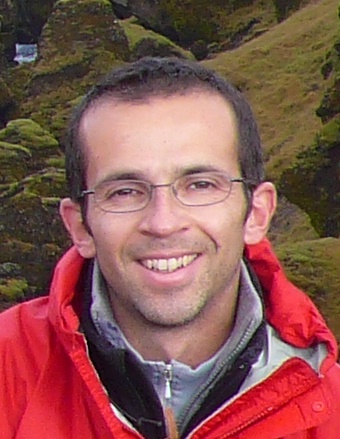 |
GoalsThis
book is intended to reach the
broad audience of students and scientists with an intermediate level in
maths, that are interested in quantitative analysis of environmental
data (they collect field data and/or they want to apply some of their
own biological knowledge to interpret such data) but are reluctant to
apply ready-made technical recipes without understanding how and why it
works. We bet that such people may be willing to take some time to buy
and read our book. We would therefore not focus necessarily to
up-to-date ecological issues (biodiversity, community behavior,
genomics, etc.) but we will show how they could be revisited by using
Bayesian modeling techniques. Scientists from other fields than ecology
and environment may also get interested in the book since we
present examples
from the most common statistical models, ranging from simple ones to
hierarchical structures. The
emphasis on
practice is
a strong feature of this book in that its primary audience is made
of graduate students that need to
use Bayesian statistics as a tool to analyse their experiments
and/or datasets. We have put much weight on
practicals ( 50% within each chapter) so that the interested reader
will be ready and able, in practice, to deal with such advanced
ecological issues and to implement models of his own. This book also provides a self-contained Applied Bayesian Statistics course of 12 weeks (with 3 hours of teaching a chapter per week). The minimal prerequisites for this course are a mastering of basic Probability theory for discrete and continuous variables with the elementary knowledge of the R programming language. Places where the book has been used
Besides AgroParisTech and Agrocampus-Ouest applied Bayesian classes,
this course has been taught by the authors for the Department of Fisheries and Ocean, Canada, at Moncton in 2005, as a two week
Bayesian
school for researchers. The doctoral sessions for
ecological sciences in Paris
(2007) and for fisheries sciences in Rennes
(2006) also relied on the book's
material to promote Bayesian thinking.
Reviews of the bookAmerican Statistician, 2014International Statistical Review, 2013 Contacteric.parent@agroparistech.fretienne.rivot@agrocampus-ouest.fr Webmaster: Jerome GUITTON - Agrocampus Ouest Last update: May 2012 |
